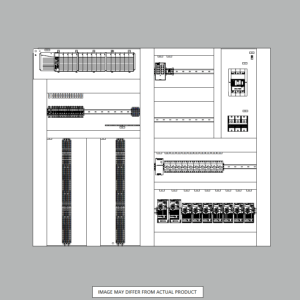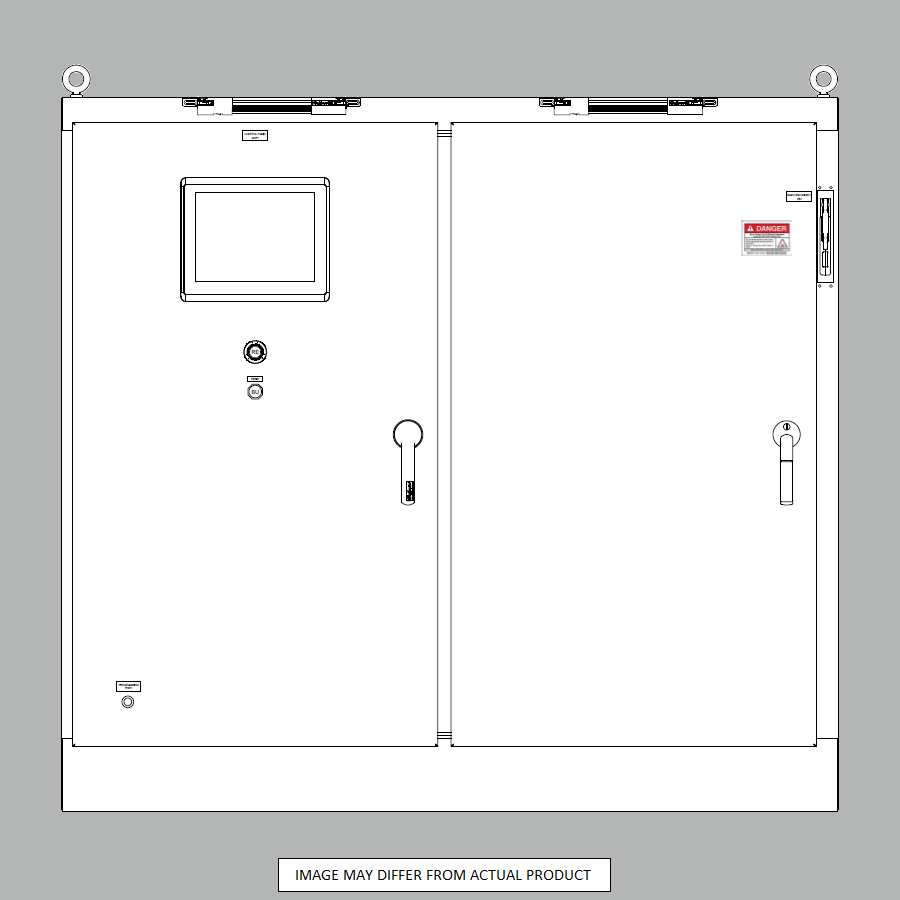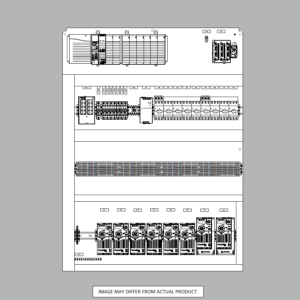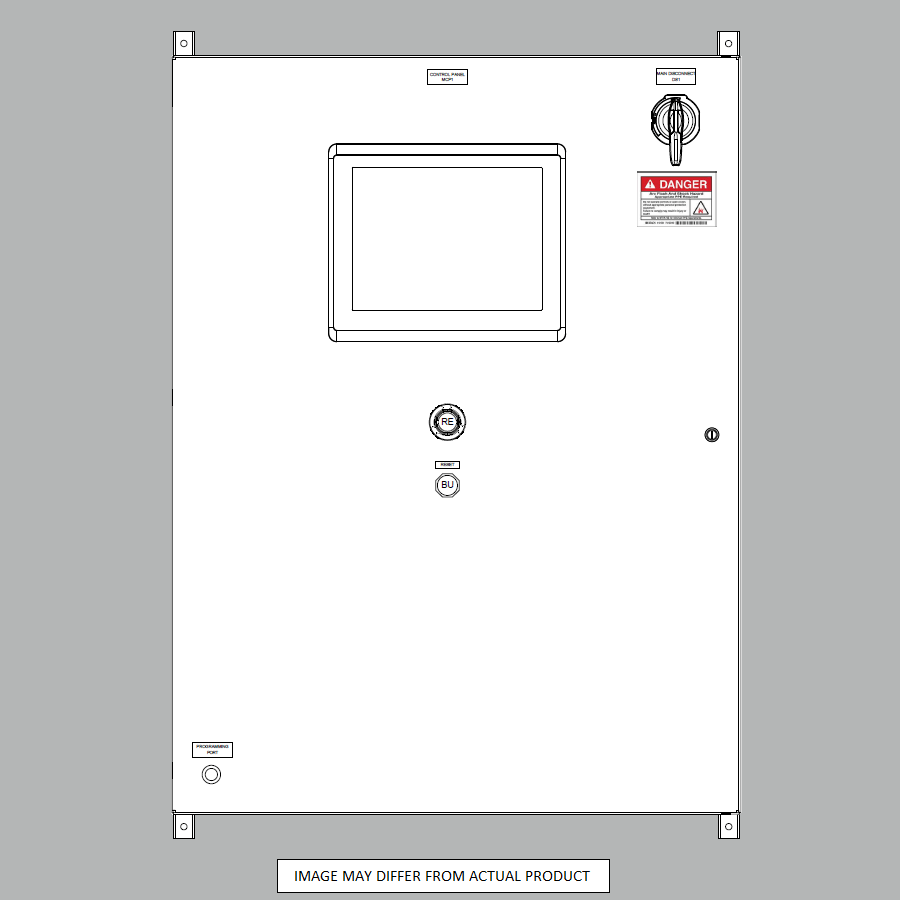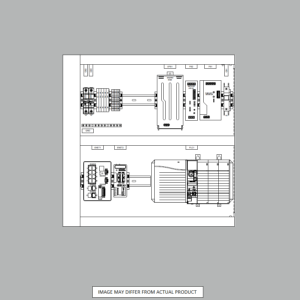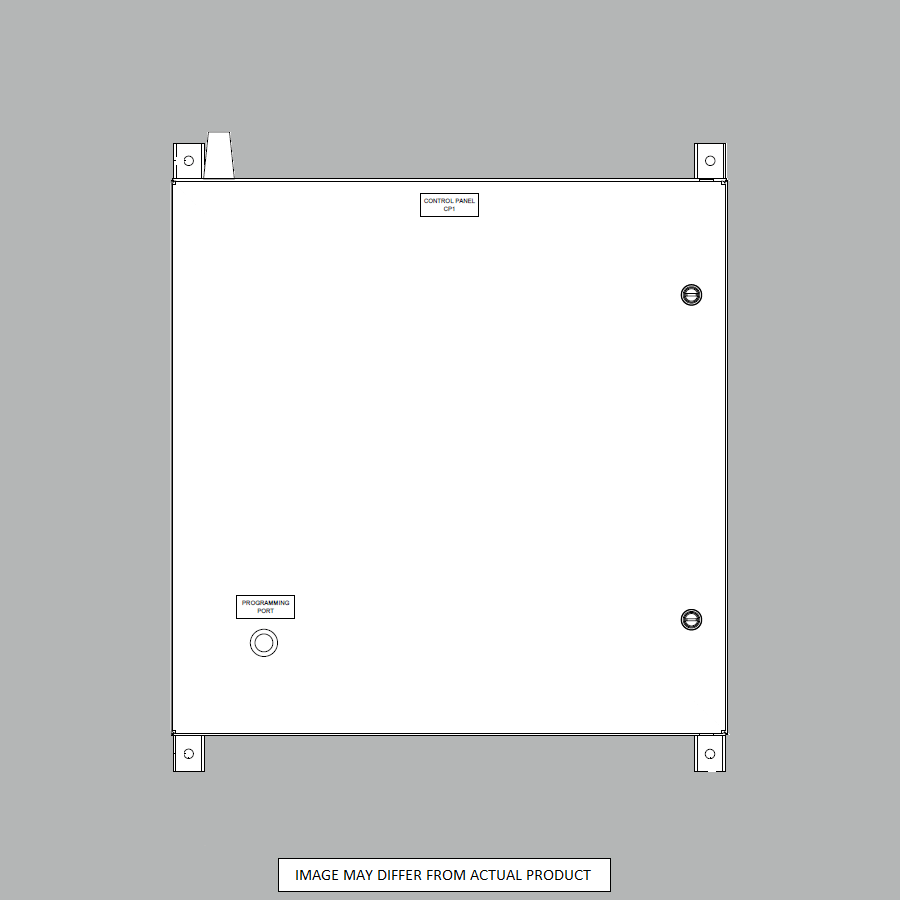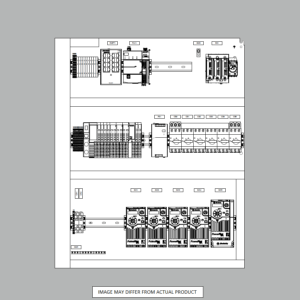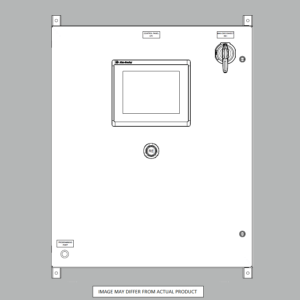Distributed Control Systems (DCS): Backbone of Modern Industry
In today’s fast-paced industrial landscape, efficiency, precision, and safety are paramount. Enter Distributed Control Systems (DCS) – the unsung heroes revolutionizing how industries operate. This article delves into the world of DCS, exploring their pivotal role in modern manufacturing, with a special focus on the chemical industry. We’ll uncover how DCS optimizes processes, enhances safety, and drives innovation across various sectors.
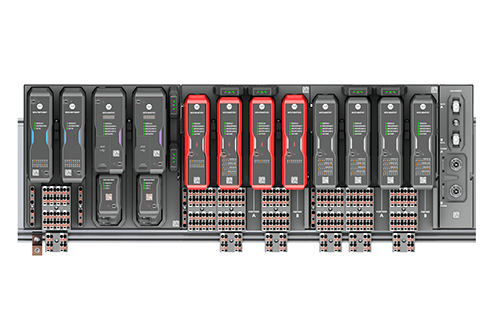
By the end, you’ll understand:
- The fundamental principles and advantages of Distributed Control Systems
- How DCS tackles unique challenges in the chemical industry
- The widespread impact of DCS across different industrial sectors and its future trajectory
Distributed Control Systems (DCS): An Overview
Imagine a symphony orchestra without a conductor. Each musician might be skilled, but without coordination, the result would be chaos. Now, picture that same orchestra with a conductor guiding every section in perfect harmony. That’s essentially what a Distributed Control System does for industrial processes.
A Distributed Control System, or DCS, is a sophisticated network of sensors, controllers, and human-machine interfaces that work in concert to manage complex industrial processes. Unlike centralized control systems, a DCS distributes control functions across multiple autonomous controllers throughout a facility. This decentralized approach offers unparalleled flexibility, reliability, and scalability.
Key components of a typical DCS architecture include:
- Field devices (sensors and actuators)
- Control modules (distributed controllers)
- Human-Machine Interface (HMI)
- Data historians and servers
- Communication networks
While DCS shares some similarities with other control systems like Programmable Logic Controllers (PLCs) and Supervisory Control and Data Acquisition (SCADA) systems, it stands apart in several crucial ways. PLCs are typically used for simpler, discrete control tasks, while SCADA systems are more focused on data acquisition and supervisory control over geographically dispersed assets. DCS, on the other hand, excels at managing complex, continuous processes within a single facility or closely linked sites.
The advantages of implementing a DCS in industrial settings are numerous:
- Enhanced process control and optimization
- Improved safety through redundancy and fail-safe mechanisms
- Increased efficiency and reduced downtime
- Better data management and analytics capabilities
- Scalability to accommodate future expansions
- Simplified operator interface and training
With these benefits in mind, it’s no wonder that DCS has become the backbone of modern industry, particularly in sectors dealing with complex, continuous processes.
The Crucial Role of DCS in the Chemical Industry
The chemical industry presents a unique set of challenges when it comes to process control. From handling hazardous materials to maintaining precise reaction conditions, the stakes are incredibly high. A small mistake can lead to catastrophic consequences, both in terms of safety and product quality. This is where Distributed Control Systems truly shine.
Let’s break down some of the specific challenges in chemical process control and how DCS addresses them:
- Precise temperature and pressure control: Chemical reactions often require exact conditions to produce the desired results. DCS allows for real-time monitoring and adjustment of these parameters across multiple processes simultaneously.
- Batch consistency: Many chemical products are produced in batches. DCS ensures that each batch follows the same process parameters, resulting in consistent quality.
- Safety management: Handling volatile substances demands robust safety systems. DCS integrates safety interlocks, emergency shutdown procedures, and alarm management to mitigate risks.
- Complex process interactions: Chemical plants often have numerous interconnected processes. DCS manages these interactions, optimizing material flow and energy usage across the entire facility.
- Regulatory compliance: The chemical industry is heavily regulated. DCS helps in maintaining detailed records and ensuring processes adhere to strict guidelines.
Now, let’s explore some specific applications of DCS in the chemical sector:
Batch Processing and Continuous Processes
DCS excels at managing both batch and continuous processes, which are common in chemical manufacturing. For batch processes, DCS can automate recipe management, ensuring each batch follows the exact same steps. In continuous processes, DCS maintains stable operating conditions, making real-time adjustments as needed.
Chemical Reactors and Distillation Columns
These are the workhorses of the chemical industry. DCS monitors and controls critical parameters like temperature, pressure, and flow rates in reactors. For distillation columns, DCS manages complex separation processes, optimizing product purity and energy efficiency.
Safety and Risk Mitigation in Hazardous Environments
Chemical plants often deal with flammable, toxic, or corrosive materials. DCS integrates safety systems, monitoring for leaks, managing ventilation, and coordinating emergency responses. It can automatically initiate shutdown procedures if unsafe conditions are detected.
Optimizing Production Efficiency and Product Quality
By collecting and analyzing vast amounts of process data, DCS helps identify inefficiencies and opportunities for improvement. It can adjust process parameters in real-time to maximize yield and ensure consistent product quality.
The implementation of DCS in the chemical industry has led to remarkable improvements in safety, efficiency, and product consistency. As we’ll see, these benefits extend far beyond just one sector.
DCS: Driving Efficiency and Safety Across Industries
While the chemical industry provides a compelling case study for the power of Distributed Control Systems, their impact reaches far and wide across various industrial sectors. Let’s explore how DCS is revolutionizing other key industries:
DCS in Manufacturing
In the world of manufacturing, consistency and efficiency are king. DCS plays a crucial role in:
- Streamlining production lines:
- Coordinating multiple production stages
- Optimizing material flow and inventory management
- Reducing bottlenecks and idle time
- Improving product consistency:
- Maintaining precise control over process parameters
- Implementing statistical process control
- Ensuring adherence to quality standards
- Reducing downtime and maintenance costs:
- Predictive maintenance based on equipment performance data
- Quick identification and resolution of issues
- Minimizing unplanned shutdowns
DCS in Energy and Power Generation
The energy sector relies heavily on DCS for managing complex power generation and distribution systems:
- Managing complex power plants:
- Coordinating multiple generation units
- Balancing load and demand
- Optimizing fuel consumption
- Optimizing energy consumption:
- Monitoring and adjusting efficiency parameters
- Integrating renewable energy sources
- Implementing demand response strategies
- Ensuring grid stability:
- Real-time monitoring of grid conditions
- Rapid response to fluctuations and disturbances
- Coordinating distributed energy resources
DCS in Oil & Gas and Refining
The oil and gas industry faces unique challenges that DCS helps address:
- Controlling extraction and refining processes:
- Managing wellhead operations
- Optimizing refinery unit operations
- Coordinating pipeline transport
- Maximizing production yields:
- Fine-tuning process parameters for optimal output
- Implementing advanced process control strategies
- Reducing waste and off-spec products
- Protecting critical infrastructure:
- Monitoring for leaks and equipment failures
- Implementing robust safety systems
- Ensuring regulatory compliance
DCS in Water and Wastewater Treatment
Clean water is a critical resource, and DCS plays a vital role in its management:
- Managing treatment processes:
- Controlling chemical dosing and filtration
- Monitoring water quality parameters
- Automating backwash and cleaning cycles
- Ensuring water quality and safety:
- Real-time monitoring of contaminant levels
- Rapid response to quality deviations
- Maintaining regulatory compliance
- Optimizing resource utilization:
- Balancing treatment capacity with demand
- Reducing energy consumption in pumping and aeration
- Minimizing chemical usage
As we can see, the versatility of Distributed Control Systems makes them indispensable across a wide range of industries. But what does the future hold for this technology?
The Future of DCS: Trends and Innovations
The world of industrial automation is evolving rapidly, and Distributed Control Systems are at the forefront of this revolution. Here are some key trends and innovations shaping the future of DCS:
- The rise of Industrial Internet of Things (IIoT) and DCS integration:
- Seamless connectivity between field devices and control systems
- Enhanced data collection and analysis capabilities
- Remote monitoring and control possibilities
- Advancements in DCS cybersecurity:
- Implementation of robust encryption and authentication protocols
- Network segmentation and intrusion detection systems
- Regular security audits and patch management
- The role of artificial intelligence and machine learning in DCS:
- Predictive analytics for process optimization
- Anomaly detection and root cause analysis
- Adaptive control strategies based on historical data
- Predictive maintenance and asset management in DCS:
- Real-time equipment health monitoring
- Optimized maintenance scheduling
- Extended asset lifecycle and reduced downtime
These advancements are not just theoretical – they’re already being implemented in cutting-edge facilities around the world. As DCS technology continues to evolve, we can expect even greater levels of efficiency, safety, and productivity in industrial operations.
Conclusion: DCS as a Cornerstone of Industrial Progress
As we’ve explored throughout this article, Distributed Control Systems have become an indispensable tool in modern industry. From the intricate processes of chemical manufacturing to the critical operations of power plants and water treatment facilities, DCS provides the backbone for efficient, safe, and optimized operations.
The benefits of DCS implementation are clear:
- Enhanced process control and optimization
- Improved safety and risk management
- Increased efficiency and reduced operational costs
- Better data management and decision-making capabilities
- Flexibility to adapt to changing industrial needs
As we look to the future, the ongoing evolution of DCS technology promises even greater potential. The integration of IIoT, advanced analytics, and artificial intelligence will push the boundaries of what’s possible in industrial automation.
For businesses looking to stay competitive in today’s fast-paced industrial landscape, embracing DCS technology is no longer optional – it’s essential. And when it comes to implementing these cutting-edge systems, you need a partner you can trust.
That’s where Automation Ready Panels comes in. With our expertise in industrial automation and state-of-the-art DCS solutions, we’re ready to help you transform your operations. Whether you’re in the chemical industry, manufacturing, energy sector, or any other field that demands precision and reliability, our tailored DCS implementations can take your processes to the next level.
Don’t let outdated control systems hold you back. Contact Automation Ready Panels today and discover how our DCS solutions can revolutionize your industrial operations. Let’s build a smarter, safer, and more efficient future together.
-
Large Process Automation: Panelview 5000, ControlLogix 5580
$24,073.00 Select options -
Small Process Automation: Panelview 5000, ControlLogix 5580
$20,321.00 Select options -
Small Process Automation: ControlLogix 5580, UPS Battery Backup, Cellular Modem
$18,999.00 Select options -
Advanced Automation: Panelview 5000, Safety CompactLogix 5380
$10,269.00 Select options

